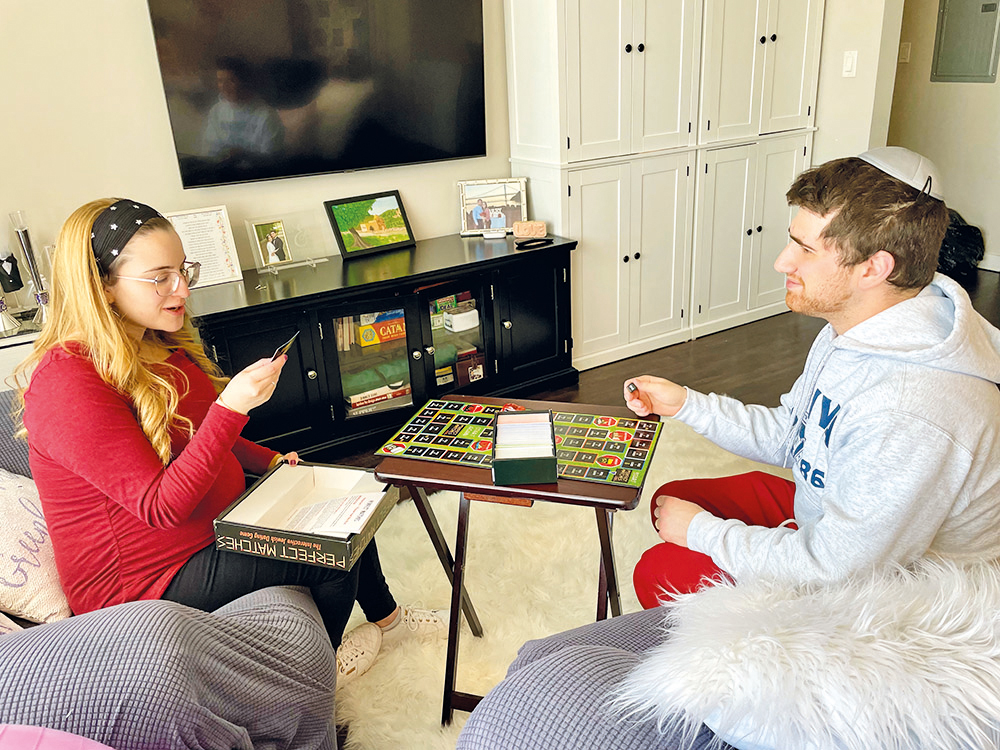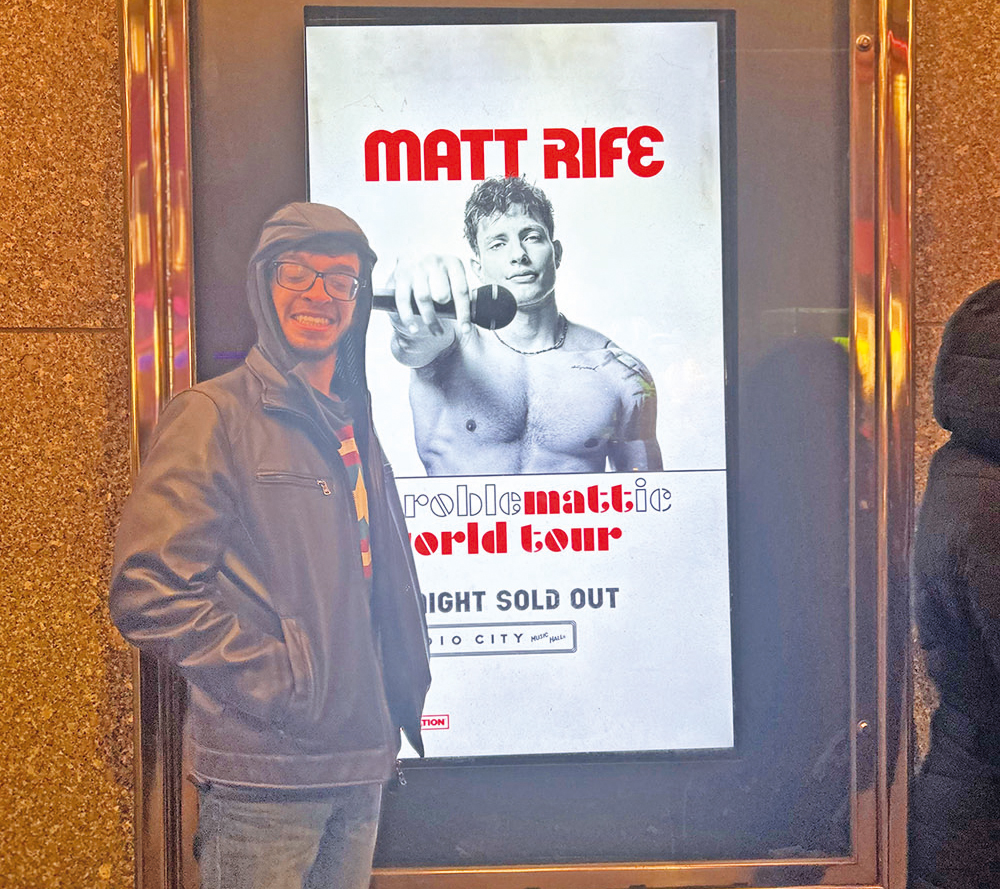When I was 16 years old (a very long time ago), I was an active member of the New Jersey Region of NCSY, and many people who became lifelong friends were also involved in the organization. During the spring of my junior year in high school, a group of us heard about a camp in the Catskills that was desperately looking for camp counselors. The pay was significantly better than at most of the other camps, and realizing that if we all went we could be together for the entire summer, we thought that nothing could be better for a tight group of teenage friends. The camp was called HASC, the Hebrew Academy for Special Children.
Now a popular destination for Orthodox youngsters looking to spend a summer involved in Chesed activities, this was far from the case back then, when some of the counselors were not Jewish and of those who were, many were not observant. We were all young and we truly had no idea what we had signed up for. Not only had none of us ever worked with, volunteered, or hung out with people with disabilities, but most of us had also never even met someone with a developmental disability.
Back then, the camp did not have any ramps; we needed to pick up the wheelchairs and literally carry our campers up and down steps. We did not have any therapist on staff. There was one special education teacher and a nurse who stopped by the camp daily to distribute medication. Our job was to keep our campers safe and clean, and provide a summer of ruach (spirit), singing, fun and an overall good time! We were told that the families of our campers needed a break from their children — “respite” was not a word that was used then. We learned much that summer about our campers and about our own ability to accept and deeply care about people who were different. Our motivation to work at that camp had been both social and financial; we were certainly not expecting the life altering experience that Camp HASC had given us.
Fast forward four decades plus. Look now at how much we have accomplished in so many areas of Jewish life, including the care and treatment of people with developmental and intellectual disabilities. People with disabilities live in our community, and our children have frequent exposure to people who may look, sound, or act differently than they do. While HASC is still a premier camp for people with disabilities, there are other camps for parents to choose from, organized and run by institutions like Yachad and Ohel. We have amazing social organizations which support people with disabilities year-round, like Friendship Circle and Yachad.
Two weeks ago, my husband and I attended the Sinai School annual gala dinner; our son Yosef graduated from Sinai in 2013. Judi Karp, the associate dean of Sinai, was presented with the school’s lifetime achievement award. Many of us have had the good fortune to have been exposed to an educator in our lives who was so exceptional that our debt of gratitude is such that we can never say thank you enough; Judi was that person for Yosef and our family, and we came to the dinner to show our appreciation.
The dinner itself was remarkable, and if you have not seen the documentary “Finding Her Voice” shown there (you can find it on the Sinai website), I suggest watching it. It will bring a tear to your eyes and hope to your heart.
After I returned home from the dinner, a friend of mine whose daughter went to Sinai with Yosef called me. She too had been at the dinner, though I did not see her there in the huge crowd. To my initial surprise, she told me that she felt sad and down after the dinner. She explained that she remembers her daughter’s days in the school system with fondness and warmth, but she now reflects that it was the best of times for her daughter; her life afterward has been challenging and her long-term future seems not so promising. The school years actually constitute a very small part of a person’s life; there are many more years to contend with after school ends.
I knew exactly how she felt. What happens to children with disabilities once they graduate? Most of the graduates of Sinai and other special service programs have lifelong disabilities. Their need for excellent services and support continues long after they finish school. Adults with disabilities, depending on their personal situation, need daytime activities, including both volunteer and paying jobs in the community. A supported business run by people with disabilities would be ideal for so many of our adults with special needs (a dream I hope will come true). Every adult needs to live a productive, meaningful life, and people with disabilities are no different — they are not children, but rather adults with a disability.
Three years ago this summer, Moshe Kinderlehrer invited a group of parents of children with disabilities to meet outside in his yard to discuss the possibility of starting a kosher, shomer Shabbat group home. Moshe and I then followed up to talk about how we could take this idea and turn it into a reality. Adam Chill, who was living in New Rochelle, New York at the time but would soon be moving to Teaneck, attended the meeting as well. His enthusiasm for the project was contagious and in a very short time the Bayit — a housing project for the disabled — was launched.
Our first mission was to learn about government funding and the many laws, rules and regulations regarding the creation of supportive housing in New Jersey. We realized that we would need a partner organization with the expertise to actually manage and run Bayit homes, and after many meetings and discussions, we were blessed to form a partnership with Ohel. We have also expanded our board to include people who do not have children with disabilities. The Bayit, together with Ohel, is currently working on establishing the “What Next” project. We are focused on supporting adults over the age of 21, trying to set up two group homes in Teaneck and apartments with the hope of buying and renovating other homes soon. With the help of Ohel, the Bayit will also be working on supportive employment in the very near future.
We are now looking to you, our community members, to help us, to help the current over 21 special needs population and all the unique individuals who will need our help in the future once they have finished school.
How can you help? Donate to Bayit — we need funds to finalize our current projects and grow the organization. Volunteer to work with our participants. Hire someone with a disability in your place of business. Socialize with one of our members.
There is a lot of work to be done. You can change the life of an adult with a disability, and you might be surprised that he or she may change your life as well!
By Bassie Taubes












